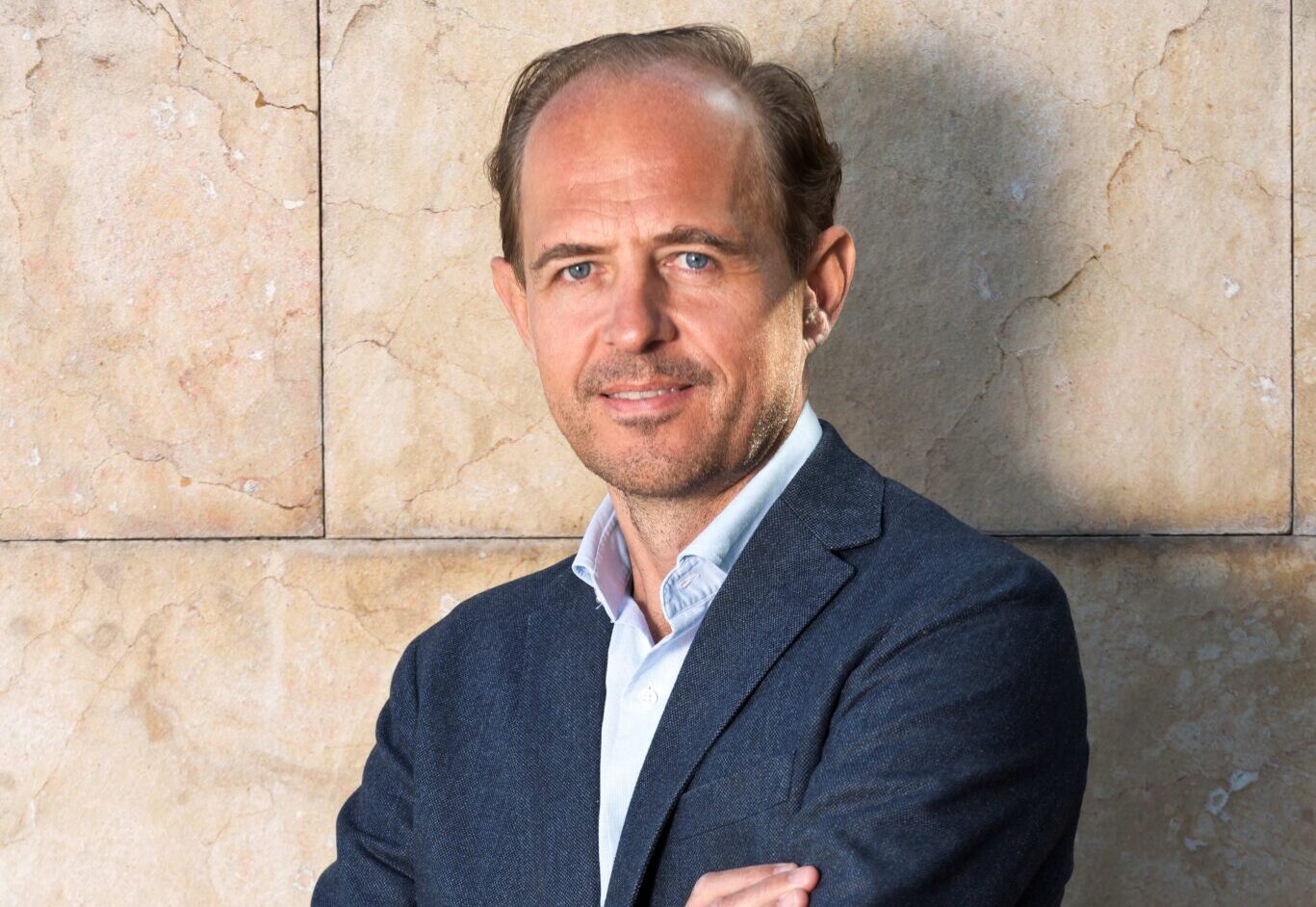
After more than 40 years of operation, DTVE is closing its doors and our website will no longer be updated daily. Thank you for all of your support.
DTVE Interview: Cedric Dufour, CEO of Rakuten TV
The streaming platform Rakuten TV, owned by Japanese parent company Rakuten, has quickly climbed to the top, becoming one of the leading brands in the European online video market. Its combined first-of-its-kind streaming offering of TVOD, AVOD and FAST channels in Europe, alongside its “qualitative content”, is key to how it stays ahead of the game, according to Rakuten TV CEO Cedric Dufour.

Cedric Dufour (Source: Rakuten TV)
The company’s AVOD service features more than 10,000 titles available on-demand, including films, documentaries and series, as well as the catalogue with original and exclusive content.
Meanwhile, its FAST offering consists of a line-up of over 500 unique channels, including 100 owned and operated services, across Europe. Rakuten TV houses a mix of free linear channels and the platform’s own themed channels with curated content.
Dufour tells DTVE: “When we analyse the behaviour of our users, we see the same user one day renting a movie, the next day watching free content on AVOD, and the day after watching CNN on their tablet to follow the news.”
Quality over quantity
The Rakuten TV chief emphasises the importance of quality rather than quantity in its content offering to gain the trust of the user and to see more effective audience engagement.
“It’s always a question of the number of channels [for other companies], whereas we consider that it’s not a question of number, but of the quality of the channel…. We don’t want to have like 200 channels in one country,” he says. “We spend huge effort and energy on creating the content, and on making sure that our channels are relevant.”
The company has taken a more selective approach with an offering of approximately 100 FAST channels in each country, with a selection of about 75 third-party channels alongside over 20 of its owned and operated channels that span various genres, which Rakuten TV occasionally changes or updates.
The streamer also offers localised content, available in the language of the relevant market. It has rolled out localised FAST channels in markets such as Spain, Germany, Italy, France and most recently Poland, with plans to expands its own dedicated channel offering in the upcoming months.
Dufour explains that when operating in an oversaturated market, at least for Rakuten TV, “the idea is to cover everything, but not to increase the number of channels too much.”
“We want to strike a balance between global content that we need to provide coming from the major studios. But also local content that is telling local stories in local languages and provided by local studios,” he says. “We need to analyse the potential of the market: if it’s a market which is maybe too small where AVOD and FAST hasn’t matured enough yet and we don’t have the advertisers ready to invest — we will need to wait. But when there is the opportunity in the market to localise, the impact is amazing.”
Telcos and partnerships
Operating in 43 European territories, Dufour highlights the formation of partnerships with local telcos across the continent, which he says has been instrumental to Rakuten TV’s growth strategy. The streaming provider has previously secured deals with operators such as Orange in Spain, Germany’s 1&1 and the UK’s TalkTalk.
The company recently announced it had extended its partnership with Germany’s 1&1 from last year which included more than 6,000 titles available for both rental and purchase (TVOD) by adding hundreds of titles that will be offered on-demand completely free of charge (AVOD) to 1&1 subscribers.
Dufour explains that Rakuten TV’s goal is to be able to “provide all the range of our properties which are not only TVOD, but AVOD and FAST”. Talks are ongoing with other telcos to which the company can extend its offering.
The Rakuten TV boss believes the company has played a key role in helping expand telcos’ customer reach, providing a VOD service and bolstering their existing TV offerings, which he deems to be “a must have for their customers. But at the same time, it’s not part of their core business.”
The streaming operator has also recently struck a deal with content aggregators Agile TV and Masmedia in Italy and Spain respectively, which will bolster the distribution of Rakuten TV’s services.
Dufour also notes the incorporation of a Rakuten TV button on remote controls of smart TVs by TV manufactures such as Samsung Electronics, LG, Philips and Hisense. According to Rakuten TV, it currently reaches more than 150 million households via the branded remote-control button and its pre-installed Smart TV app.
“We are always adapting our offer to demand and the evolution of the market,” says Dufour. “We wanted not to limit our content to our application and our audience…. That’s the beauty of being present in so many countries – that we can quickly expand our content elsewhere. We’re having discussions with telcos in the Nordics and in Eastern European countries.”
Dufour says the company is mulling plans to expand its footprint and partnerships in the Middle East and Latin America, although it doesn’t currently have rights to all content in those regions. But as of now, the company’s main priority is strengthening its existing partnerships.
“We are the only platform in Europe to provide these three types of content — TVOD, AVOD and FAST,” he says. “Our priority number one is to develop these partnerships where we already have the rights. But it would be a good opportunity to launch in a new territory if we close an agreement with a relevant telco.”


